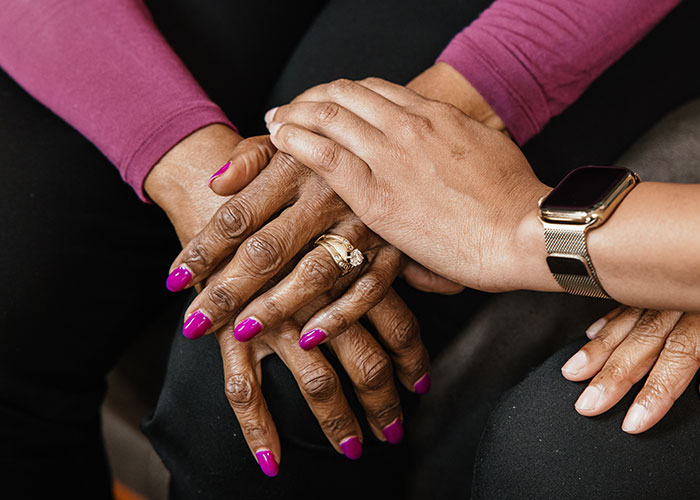Sleep Soundly: How Seniors Can Combat Insomnia and Improve Rest

Getting a good night’s sleep is essential for overall health, but as we age, it can become more difficult.
Many seniors struggle with insomnia due to changes in sleep patterns, medical conditions, or side effects from medications. Poor sleep can lead to fatigue, mood changes, weakened immune function, and an increased risk of falls. The good news is that there are ways to improve sleep quality and establish healthy sleep habits.
Table of Contents
Maintain a Consistent Sleep Schedule
Going to bed and waking up at the same time every day, even on weekends, helps regulate the body’s internal clock. A predictable sleep routine makes it easier to fall asleep and wake up feeling rested. Establishing a calming bedtime ritual, such as reading, listening to soothing music, or practicing deep breathing exercises, can signal to the brain that it is time for sleep.
Create a Sleep-Friendly Environment
A comfortable and quiet bedroom can make a significant difference in sleep quality. Keeping the room dark, cool, and free of noise can minimize disruptions. Blackout curtains, white noise machines, and comfortable bedding can help create an ideal sleep space. Avoiding bright screens from TVs, tablets, and phones before bed can also prevent sleep disturbances.
Watch What You Eat and Drink
Caffeine, found in coffee, tea, chocolate, and some medications, can linger in the body for hours and make it difficult to fall asleep. Alcohol, while it may cause drowsiness initially, can disrupt sleep later in the night. Heavy or spicy meals close to bedtime may lead to indigestion, making it harder to rest. Opting for a light, healthy evening snack and staying hydrated throughout the day can promote better sleep.
Stay Active During the Day
Regular physical activity supports better sleep by helping regulate energy levels and reducing stress. Walking, swimming, or engaging in light stretching can make it easier to fall asleep at night. However, intense exercise too close to bedtime may be overstimulating, so it’s best to engage in physical activity earlier in the day.
Manage Stress and Anxiety
Stress and anxiety can keep the mind racing at night, making it difficult to relax. Relaxation techniques such as deep breathing exercises, warm baths, meditation, or gentle yoga can help calm the nervous system. Engaging in activities that bring joy and fulfillment, such as hobbies, socializing, or listening to soothing music, can also reduce stress and promote relaxation.
Review Medications with a Doctor
Some medications may interfere with sleep by causing restlessness, drowsiness at the wrong times, or frequent nighttime waking. If medication side effects are affecting sleep, consulting with a doctor about possible alternatives or adjustments may be beneficial.
Consider the Benefits of In-Home Care
For seniors who experience anxiety, loneliness, or difficulty managing daily routines, an in-home caregiver can provide valuable support. Assistance with evening routines, medication reminders, and companionship can create a sense of stability and comfort, making it easier to relax and sleep better.
At Always Best Care, we understand the challenges that come with aging, including sleep difficulties. Our compassionate caregivers can help establish a calming nighttime routine, assist with daily activities, and provide companionship to reduce stress and promote relaxation.
If you or a loved one are struggling with insomnia and need extra support, we are here to help. Contact Always Best Care at (855) 470-2273 to schedule a free consultation and learn how our in-home care services can improve your quality of life. A restful night’s sleep is just a call away.





